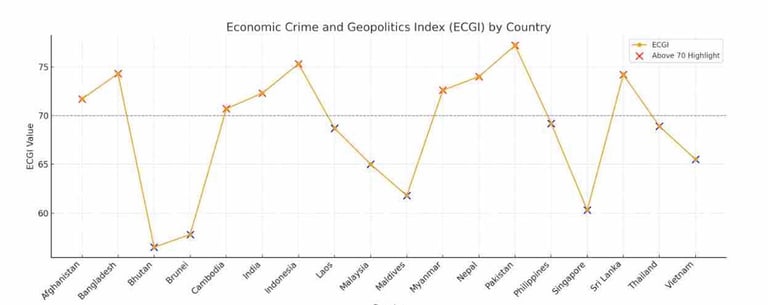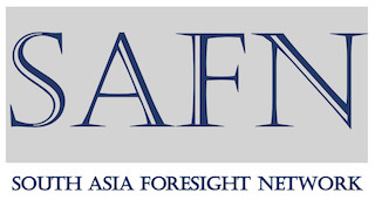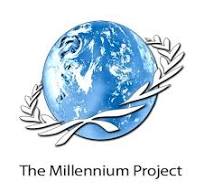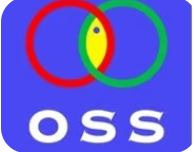New Global Index Links Economic Crime and Geopolitics for the First Time
The Economic Crime and Geopolitics Index (ECGI) is a pioneering global tool that measures how corruption, financial crime, and geopolitical influence intersect to shape national risk. It underscores urgent realities—such as Nepal’s recent people’s uprising—where corruption, youth-led protests, and external pressures combine to drive national instability. The Index provides governments, regulators, and international organizations with a vital framework to anticipate risks, strengthen democratic governance, and build resilience.
NEWSECGC
Economic Crime and Geopolitics Center SAFN
9/17/2025
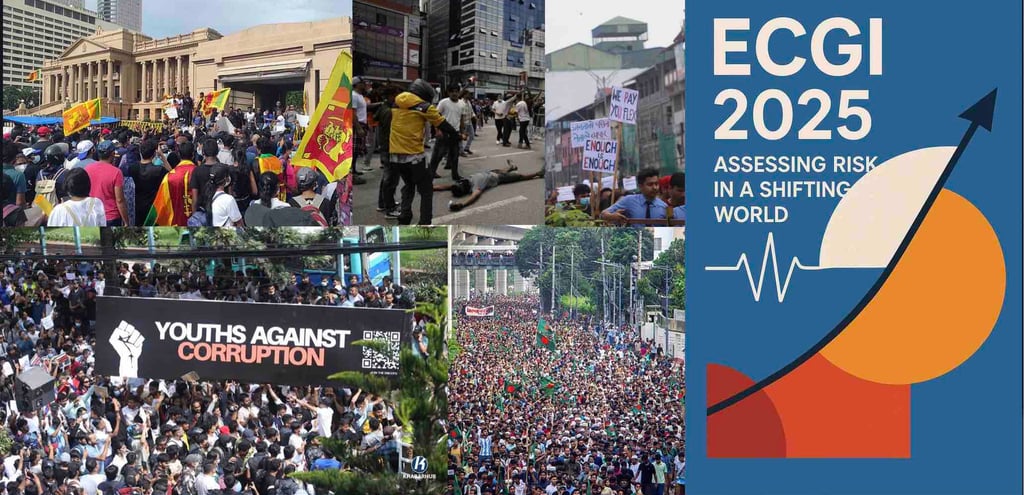

Washington, D.C., September 17th, 2025 – The South Asia Foresight Network (SAFN), under the Millennium Project, today announced the launch of the Economic Crime and Geopolitics Index (ECGI) – a pioneering global measure capturing the intersection of economic crime and geopolitical risk.
Designed and conceptualized by Asanga Abeyagoonasekera, Executive Director of SAFN in Washington, D.C., the ECGI provides an evidence-based framework to evaluate how economic crime, corruption, and geopolitical influence converge to shape national risk levels. Presently the Index is being tested through the Millennium Project’s global network spanning more than 70 countries, the Index is already gaining recognition as a critical tool for governments, regulators, and international organizations.
The ECGI Risk Score is derived from a unique blend of four dimensions:
Corruption Perception (CPI) – measuring integrity and transparency in governance.
Severity of Economic Crime – assessing the prevalence of illicit finance, money laundering, and organized crime.
National Response Capacity – evaluating state effectiveness in regulation, enforcement, and anti-crime policies.
Geopolitical Influence – examining external leverage through military, economic, and diplomatic presence.
“The ECGI is more than a metric—it is a mirror to the vulnerabilities nations face in a rapidly changing geopolitical landscape,” said Abeyagoonasekera. “Having observed the field firsthand in Sri Lanka, Bangladesh, and Nepal prior to the uprisings, it is clear that capturing a holistic picture—from corruption and financial crime to youth-led protests and broader geopolitical trends—is essential. The Index provides a comprehensive lens to forecast instability and guide strategies to strengthen resilience.”
Early findings from the 2025 pilot assessment reveal sobering insights:
Nations such as Pakistan, Nepal, Sri Lanka, Indonesia, and Bangladesh fall into the “High-Risk” category, driven by entrenched corruption, governance gaps, and external geopolitical leverage. Out of nine nations classified as high risk, three have already undergone the full cycle from uprising to new regime. The remaining six face significant instability—ranging from civil war in Myanmar, to continuous protests in Indonesia and India, to the tightening autocratic grip in Cambodia, Pakistan’s recurring cycles of political collapse, and Afghanistan’s enduring governance vacuum under the Taliban.
The Philippines is currently borderline but trending toward High Risk, reflecting rising concerns over economic crime, regulatory gaps, and increasing external influence.
The Index underscores how economic crime is no longer a domestic issue but a transnational threat, directly linked to regional security, financial stability, and democratic erosion.
Experts from regulatory compliance, financial crime prevention, and international legal cooperation have hailed the ECGI as a “breakthrough innovation,” emphasizing its value as an open, globally applicable measure.
The ECGI will be tested, refined and expanded through SAFN’s Economic Crime and Geopolitics Center (ECGC) in Washington, D.C., with contributions from researchers, practitioners, and policymakers worldwide. Its objective is clear: to provide a universally accessible tool to anticipate risks, support democratic governance, and strengthen global cooperation against economic crime. A comprehensive final report of the ECGI is scheduled for release by December 2025.
About SAFN & Millennium Project
The South Asia Foresight Network (SAFN) is a regional network of the Millennium Project, a leading global think tank on future-oriented research and foresight, with a presence in over 70 countries.
For more information about the ECGI visit: https://southasiaforesight.net/economic-crime-and-geopolitics-index-ecgi
Media Contact:
South Asia Foresight Network (SAFN)
Email: southasiafutures@gmail.com
